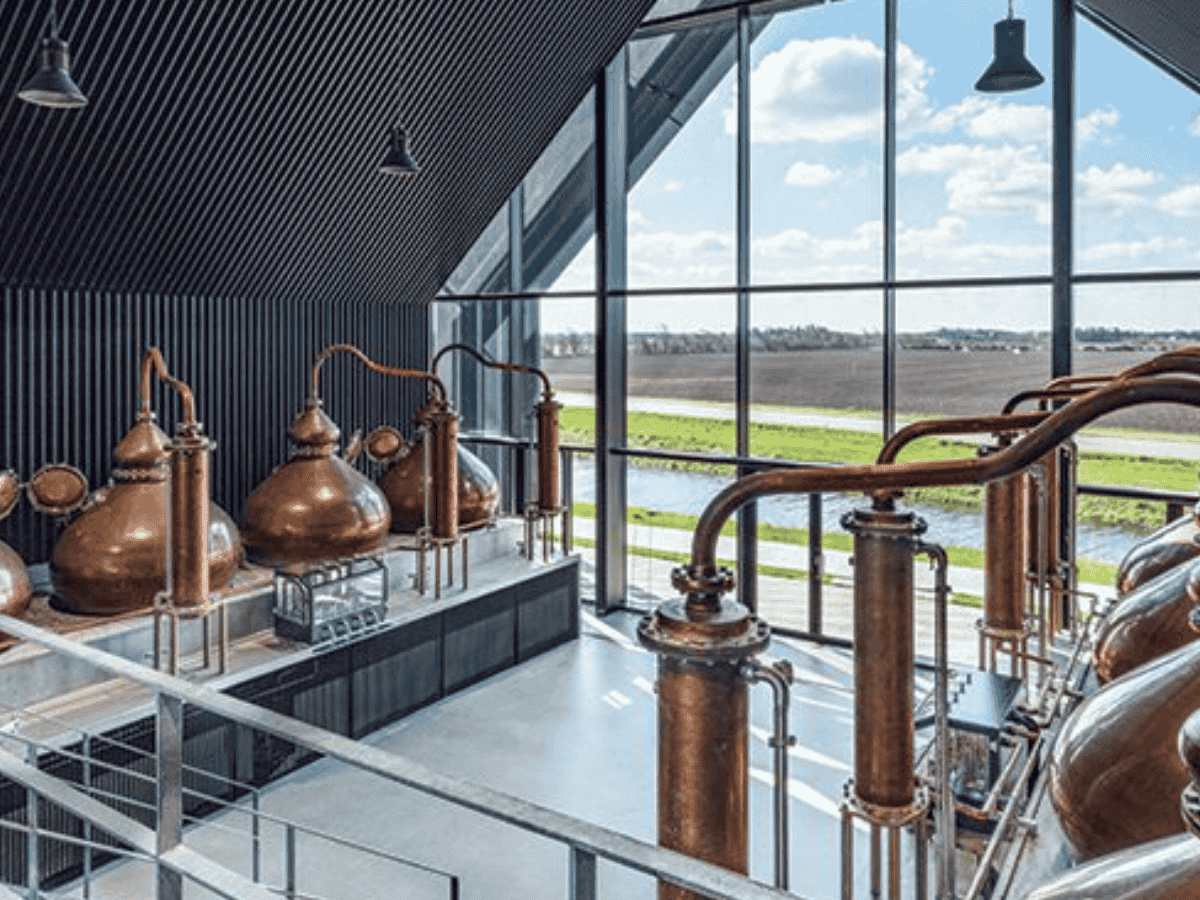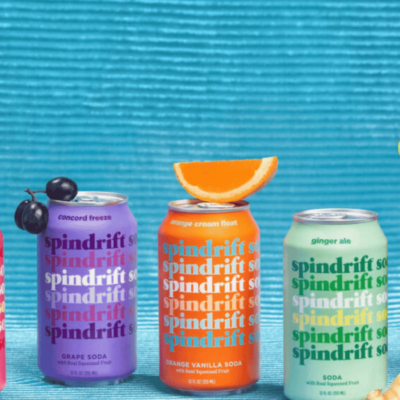USA – Denmark’s largest whisky distillery, Stauning, has announced the layoff of approximately 25% of its global workforce, equivalent to 13 employees, in response to Diageo’s decision to discontinue bringing new brands into its venture arm, Distill Ventures.
The move comes amid Stauning’s restructuring efforts, particularly in the United States, where the bulk of the redundancies have occurred.
Diageo exit triggers restructuring
The decision follows a recent strategic pivot by Diageo, the multinational beverage alcohol company behind brands like Johnnie Walker and Don Julio.
Diageo confirmed it will no longer onboard new brands into the Distill Ventures accelerator programme.
While Diageo will retain a smaller team to oversee its existing investments, its departure from the growth-focused model has already impacted several portfolio companies, including Stauning.
Diageo first invested in Stauning in 2015 via Distill Ventures, acquiring a minority stake. The partnership led to substantial capital injections, including a US$64 million (£50 million) investment that allowed Stauning to open a larger distillery in 2018 featuring 24 small pot stills.
However, Stauning co-founder Alex Munch revealed that Diageo communicated its exit just two and a half weeks prior, leaving the company with limited time to recalibrate. The decision to downsize was made swiftly to contain operational risks amid changing market dynamics.
Marketing teams affected; Production jobs unchanged
The workforce reductions have predominantly affected the marketing department and personnel based in the U.S. market, according to Munch.
He attributed the decision not only to the loss of ongoing investment from Diageo but also to broader market volatility, particularly in the U.S., where tariffs and rising operational costs have made expansion less viable in the short term.
Despite the layoffs, Stauning has maintained its production staff. The company had already reduced production volumes by 40% in the previous year due to excess inventory generated from an earlier expansion.
The original output plan for the upgraded distillery had underestimated its efficiency, leading to a surplus that would have required additional warehouse space if continued.
“We were just overproducing versus the demand of whisky and the sales plan,” Munch explained.
Focus returns to Denmark and the EU
Stauning is now prioritising its home market and European Union countries. Munch stated that the company would be assessing the market situation over the coming months, particularly as potential tariffs on spirits continue to cast uncertainty on future growth strategies.
The EU recently postponed a 50% tariff on American whiskey, originally scheduled to take effect on April 1.
Last year, Stauning reported a 50% increase in sales, supported by Diageo’s investment and strong performances in markets like Germany and Denmark. In the first quarter of 2025, the company continued to register a 10% year-on-year sales increase.
Despite the cuts, Munch reaffirmed Stauning’s long-term commitment to being a recognised whisky brand across Europe, the U.S., and the Asia-Pacific region. The company expanded into several new markets in 2024, including Japan, Taiwan, Australia, Singapore, and Hungary.
Diageo’s shift in investment strategy
A spokesperson for Diageo confirmed that the company had undertaken a strategic review of its early-stage investment approach.
As a result, it will maintain a reduced team within Distill Ventures to manage existing investments but will not introduce new brands going forward.
Over the past decade, Diageo has helped incubate and scale several spirits brands through Distill Ventures, including Seedlip, Ritual Zero Proof, Mr Black, Kikori, and Belsazar.
The current portfolio includes five whisky brands—Stauning, Starward, Westward, Kanosuke, and Fielden—and ten additional pre-accelerator companies.
Diageo reported 1% organic sales growth in the first half of its current fiscal year, aided by stable performance from Guinness and Don Julio. This follows a period of declining performance in the previous financial year.
At the Consumer Analyst Group of New York (CAGNY) conference in February 2025, Diageo executives reaffirmed their emphasis on sustainable growth, with financial priorities centred on operating leverage and cash flow optimisation.
Leadership shifts in Distill Ventures
In a related development, Vishal Patel, formerly the global whisky director at Distill Ventures, departed the company in December to assume the role of chief executive at James Gin, further signalling a leadership transition within the venture arm.
As Stauning navigates the aftermath of Diageo’s exit and a reshaped global whisky landscape, it is repositioning itself to operate independently once more.
Munch emphasized that, under the terms of the original agreement signed in 2015, Stauning has retained autonomy over its distribution and strategic direction.
“We basically are still a craft distillery, independent in a sense, where they [Diageo] supply us with the money for investments in sales and marketing. So we’ve done everything ourselves over the last 10 years.”






